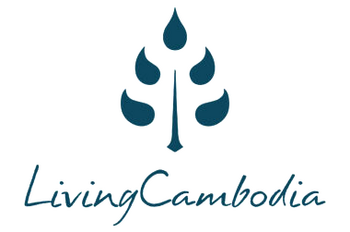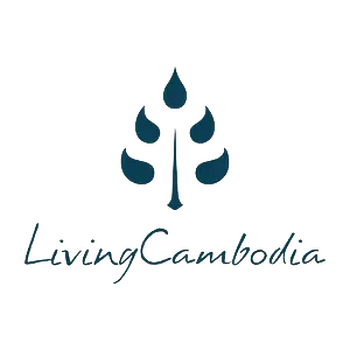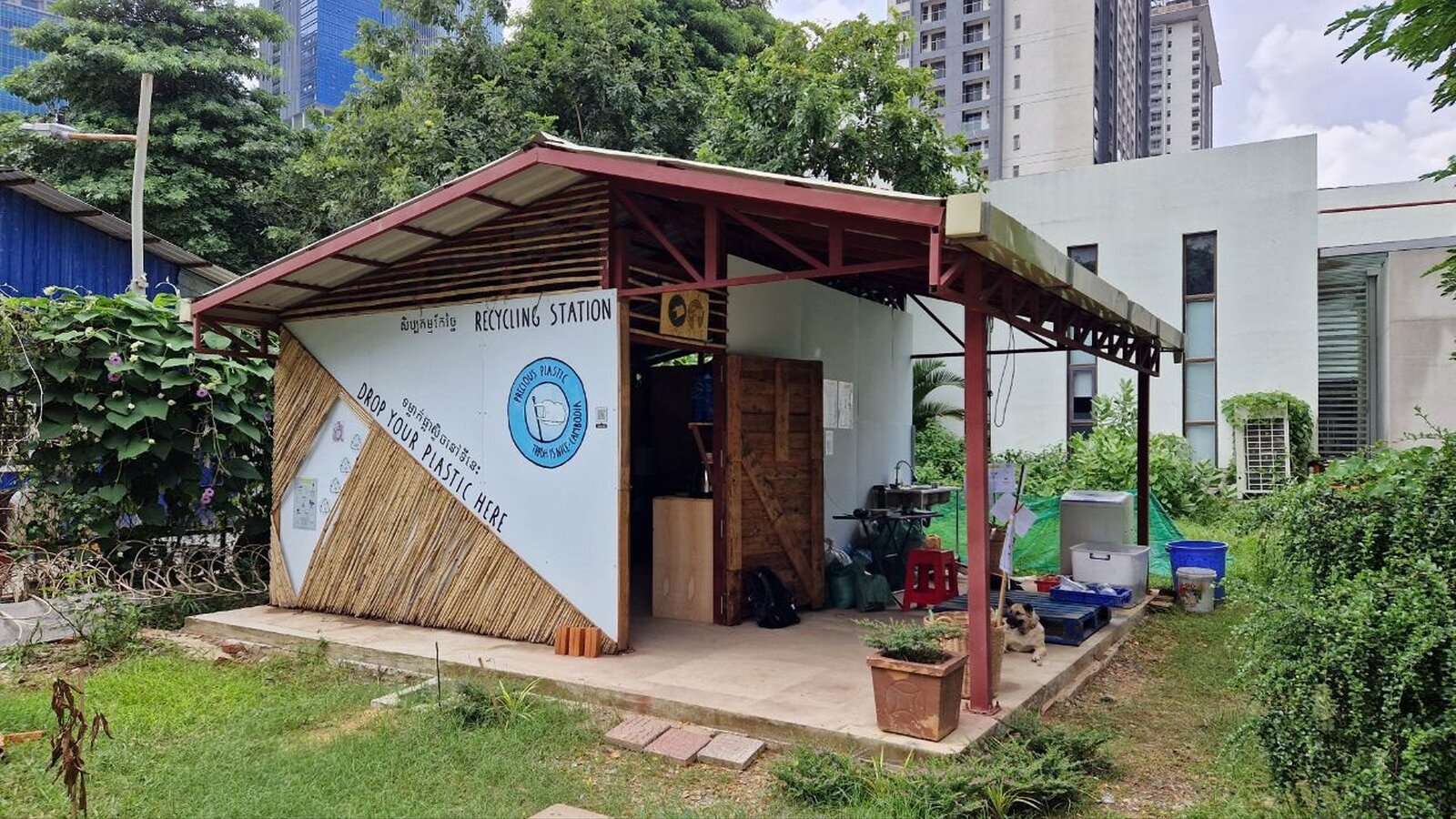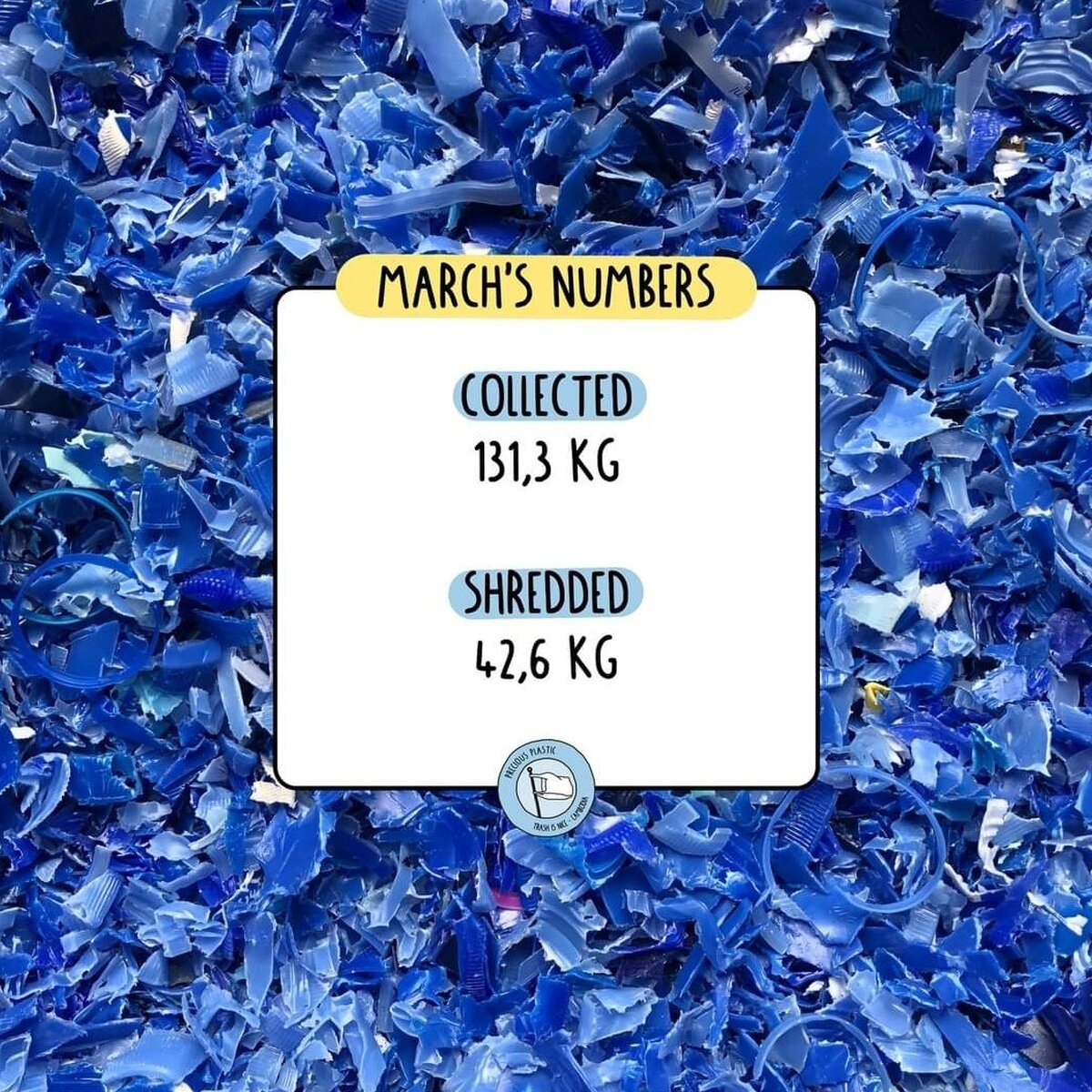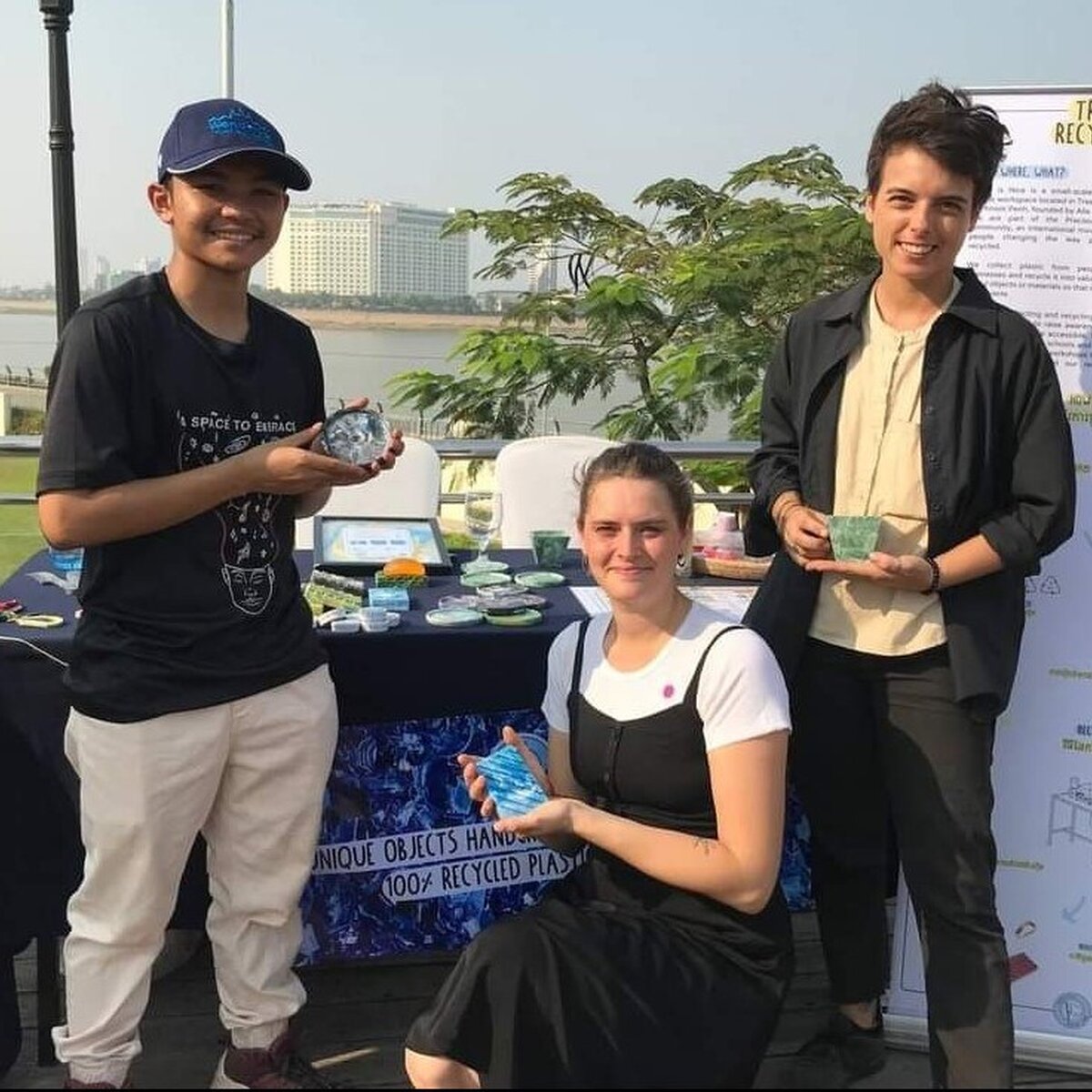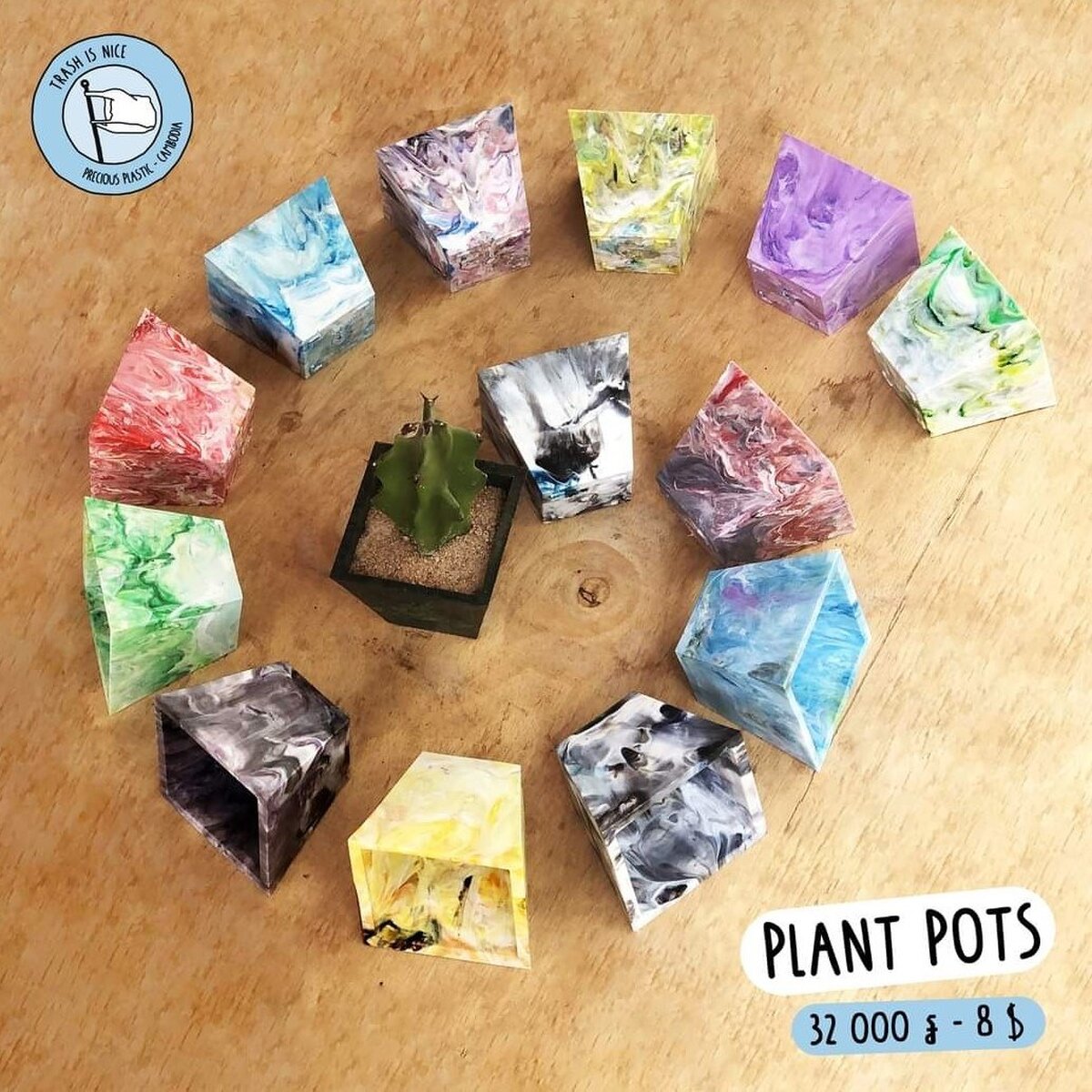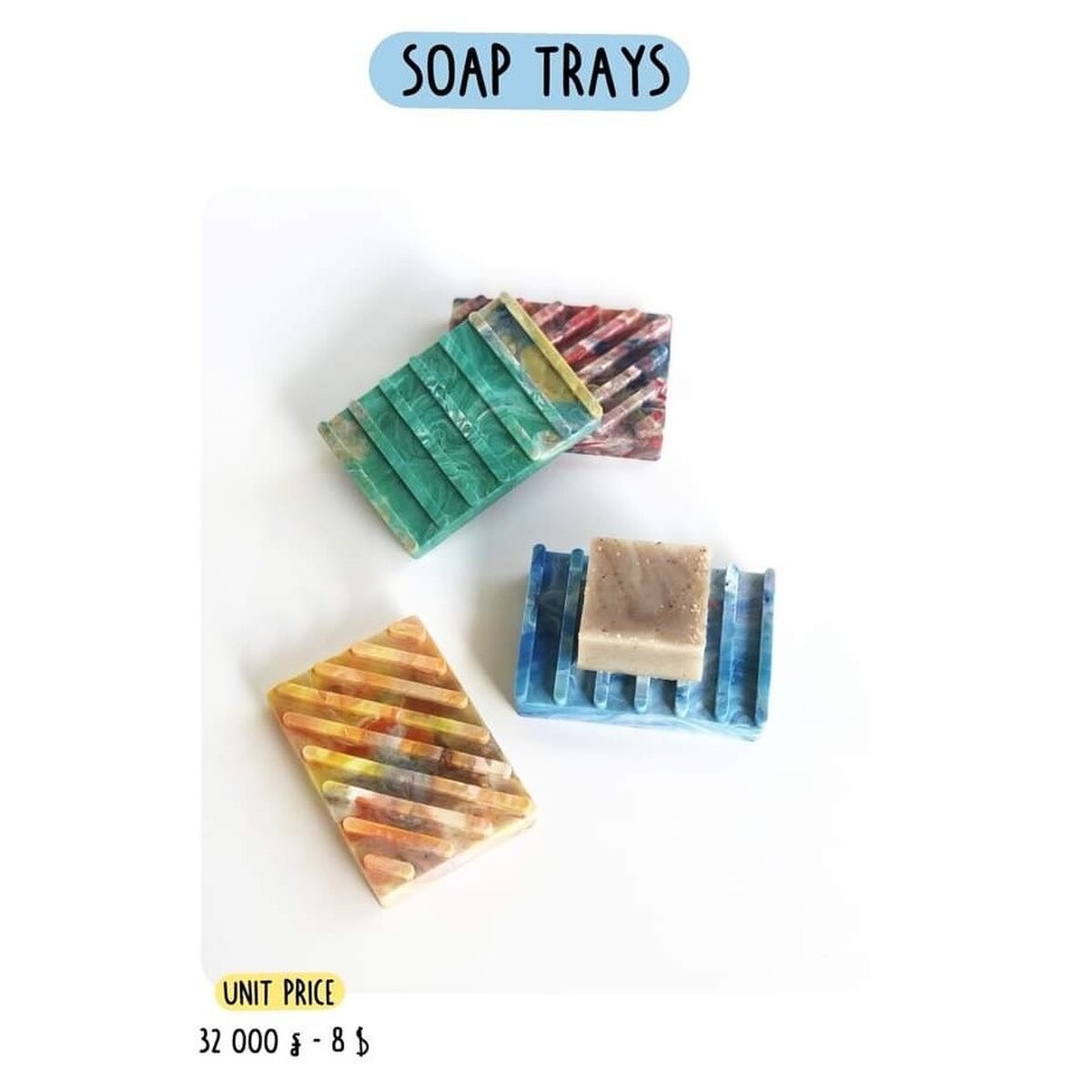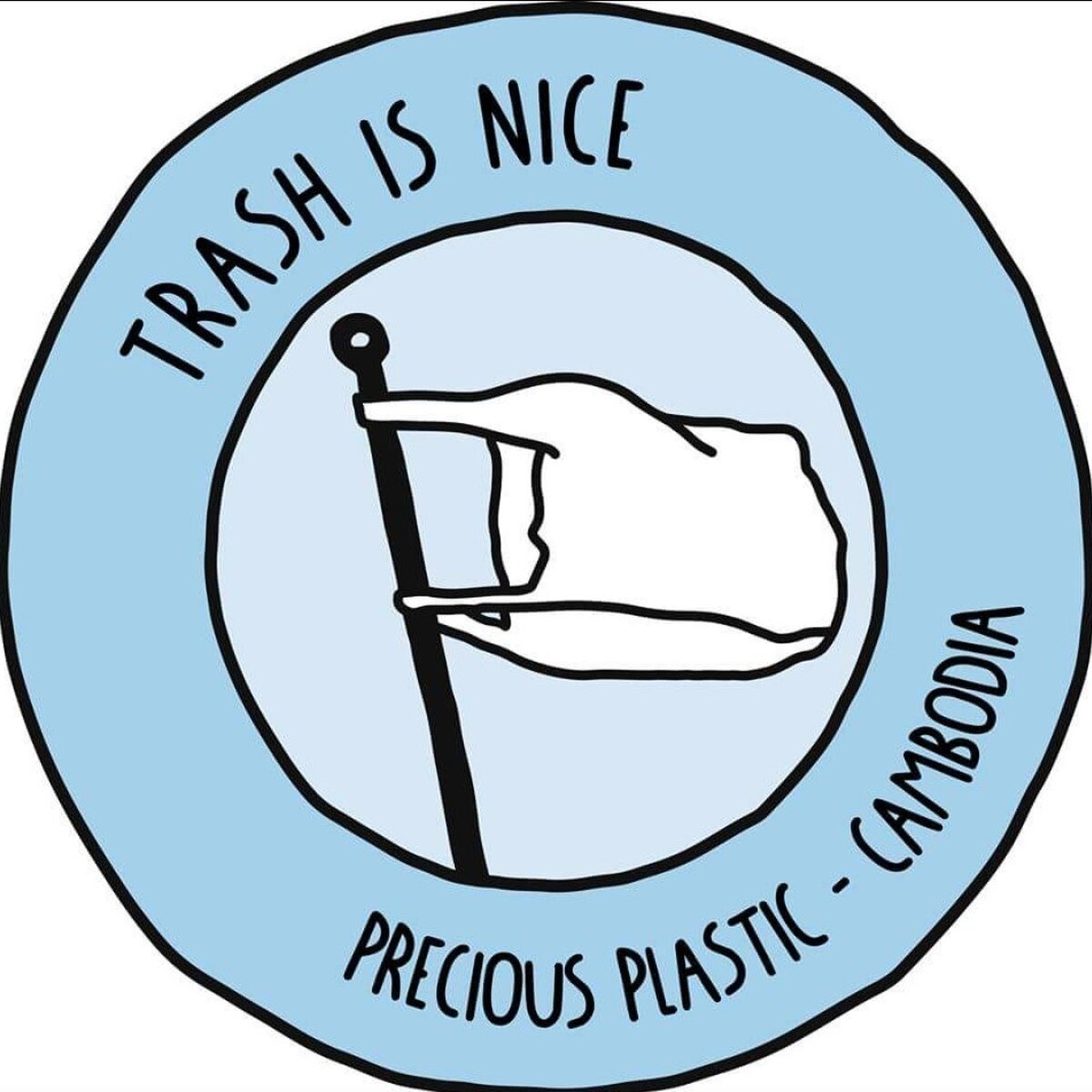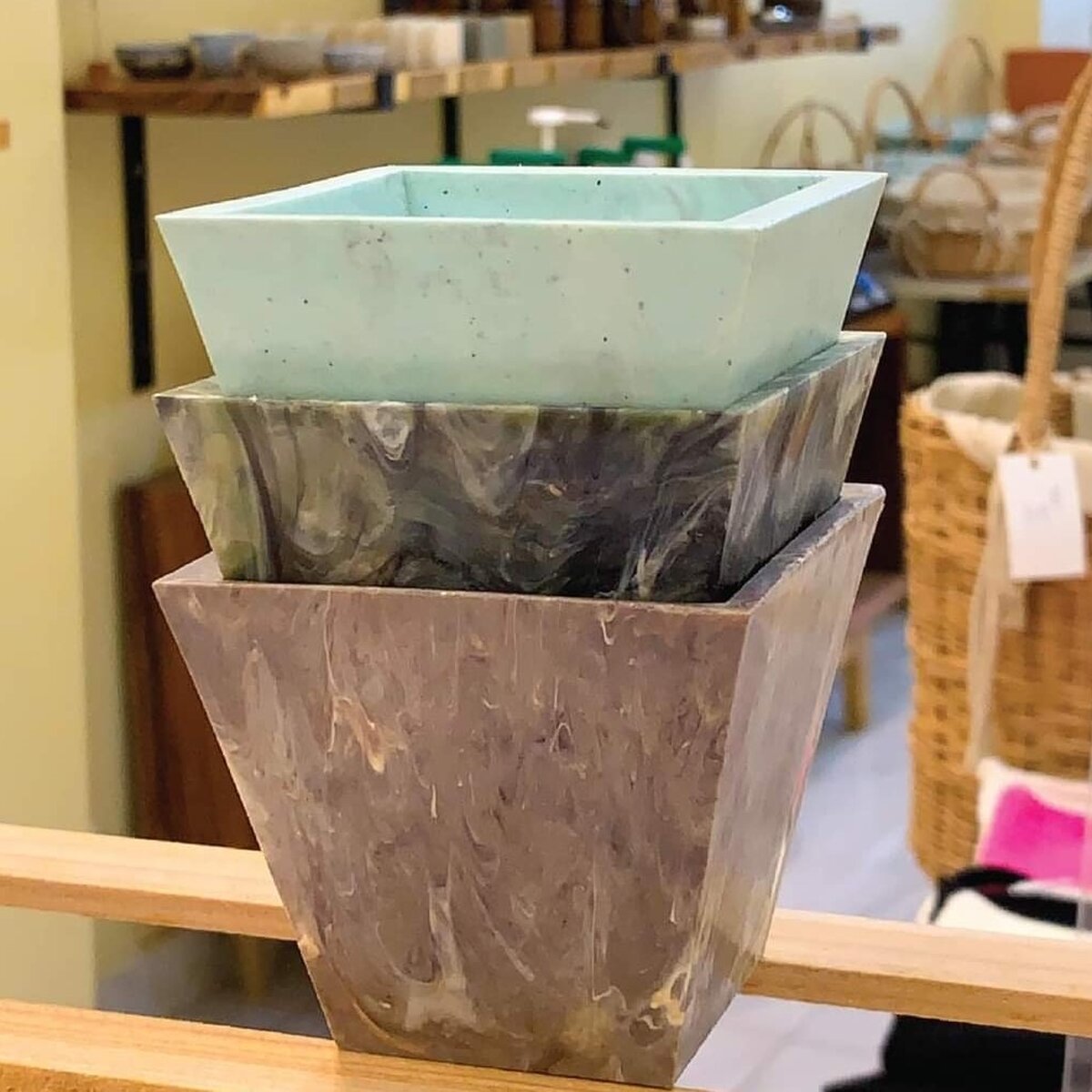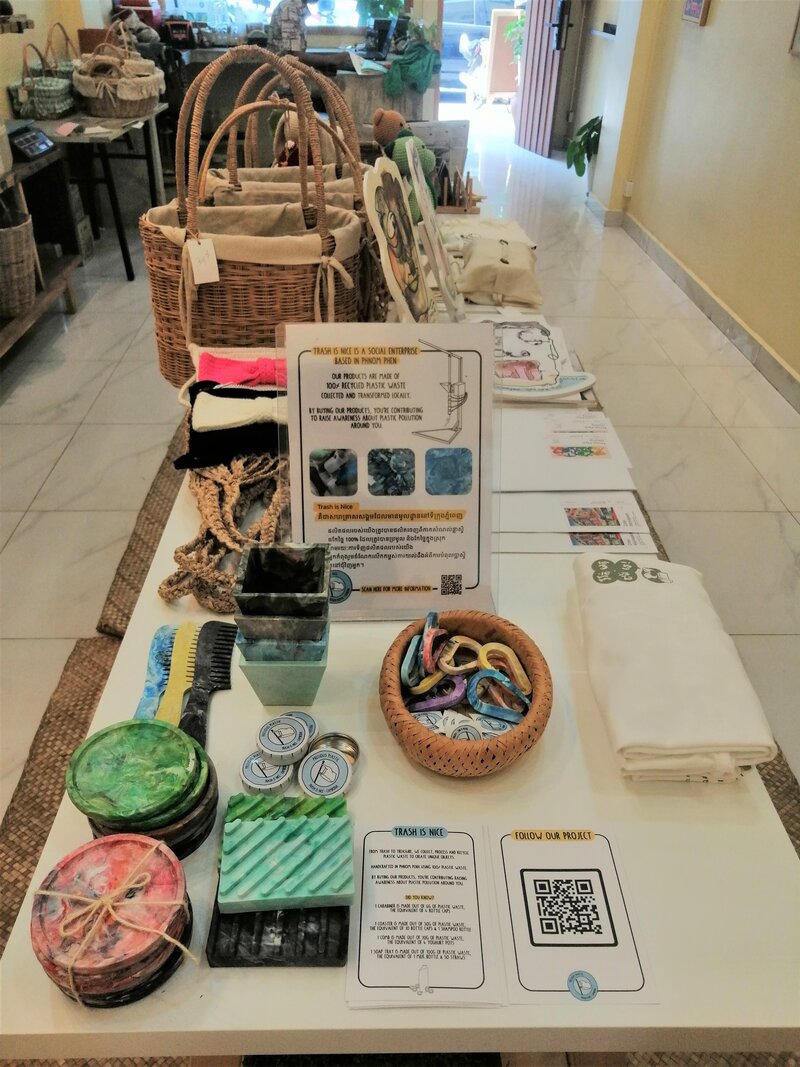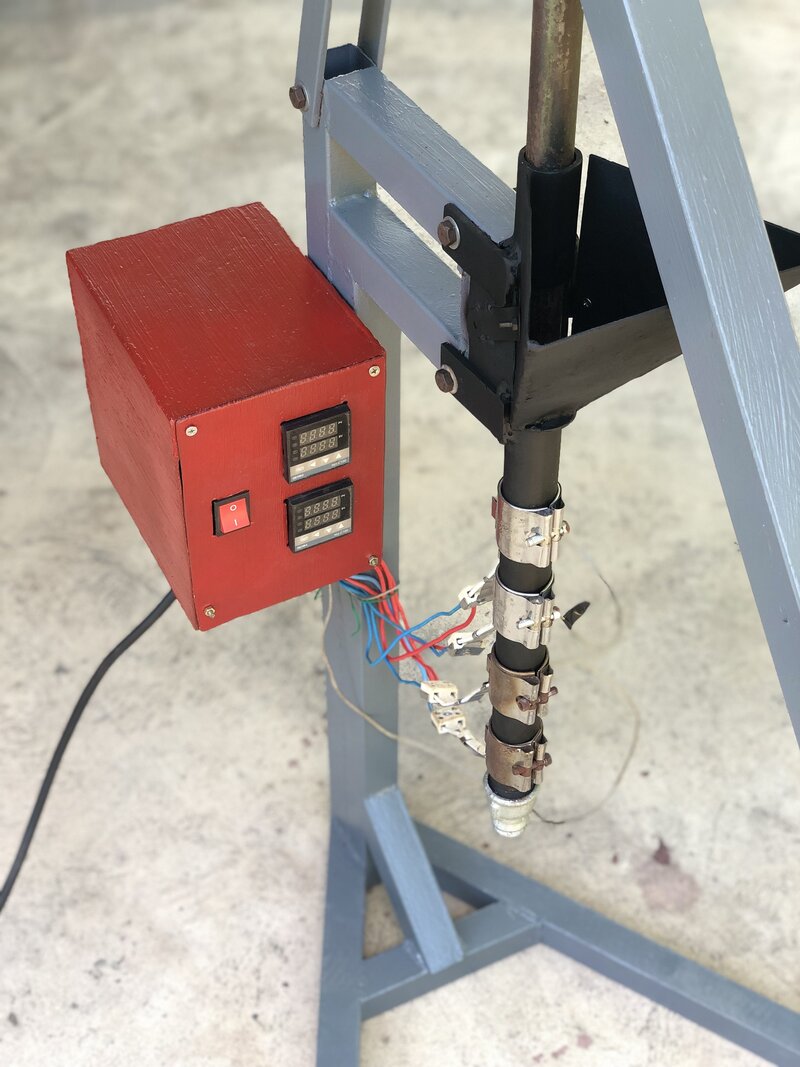Single-use plastic is here to stay, and even if we can fight obscenely excessive accumulation of it -- for instance in limiting the consumption of water in individual plastic bottles --, we better start to be creative when recycling can be done on a level accessible to most of us.
This is the philosophy behind បទសម្ភាសន៍ Trash is Nice, a small yet effective operation that opened exactly one year ago out of a modest shack nestled in the green landscape of Treellion Park, in Phnom Penh Koh Pech (Diamond Island) district. The idea took seed in TIN founder's mind, Alix, after she worked in Cambodia on environmental issues as a volunteer in the 2010s. Back to Europe, she did more research, contacted the platform Precious Plastic, which is offering open-source mechanical solutions for small- or medium-sized recycling projects, involved some sponsors and settled back in the Kingdom of Wonder with her business partner.
"Environment-preservation efforts usually come with an aura of idealism, often tinged with utopia", remarks Alix at Treellion Park a few days after having successfully held a workshop on smart recycling procedures at Factory Phnon Penh; "And we are definitely following an ideal -- making this world better and more sustainable before it's too late--, yet Precious Plastic motto is completely down-to-earth, no-BS: 'Start a Business From Recycling Plastic"! Meaning that you can support a team, invest in improved machinery, while working for the common good."
And how does it work? Quite simply: every month, the TIN team collects plastic waste from the eateries operating in the park, and from the offices of nearby Aquation, the first resolutely green office park in Cambodia. A monthly average of 100 kilos of single-use plastic are washed are shredded into pellets. Then, part of it (about half of the monthly collection, so far) is processed in the machine that Alix and her team designed. Explains she: "Obviously, the technology is relatively simple but designed with one fundamental principle: we're not going to contaminate the air or generate toxic waste for the sake of recycling some plastic. In fact, the pellets are carefully melted without any gas emission until they are ready to be mixed for color effects -- no color additive at all -- and poured into casts we have designed and developed with metal craftsmen. The end result: items that are both useful, durable, pleasant to the eye and up to quality standards that makes them marketable."
The low-tech solution allows for outputting affordable and durable items: "When we started to envision our development", recalls Alix, "I questioned the whole process, wanting to be sure we were not going to recycle trash just for the sake of producing...more crap!"
Accessible technology, promise of a steady income...'Trash is Nice' does seem to be a great alternative for communities confronted to high levels of plastic contamination and geographically remoted from large recycling operations, for instance fishermen villages around the Tonle Sap Lake, However, even if Alix and her team are spreading the good news with workshops and school visits to TIN locale, there are some limitations to factor in potential new developments: "Plastic refuse that has stayed in water for too long might be too difficult to clean. And you have to be surrounded by people and institutions helping in the trash collection and sorting. Overall, it's definitely an experiment that can be easily replicated." We're far from greenwashing, this (alas) pervasive practice which basically is "making erroneous or fraudulent claims about the environmental advantages of a good, service, or organization's energy practises in an effort to win over environmentally sensitive customers."
